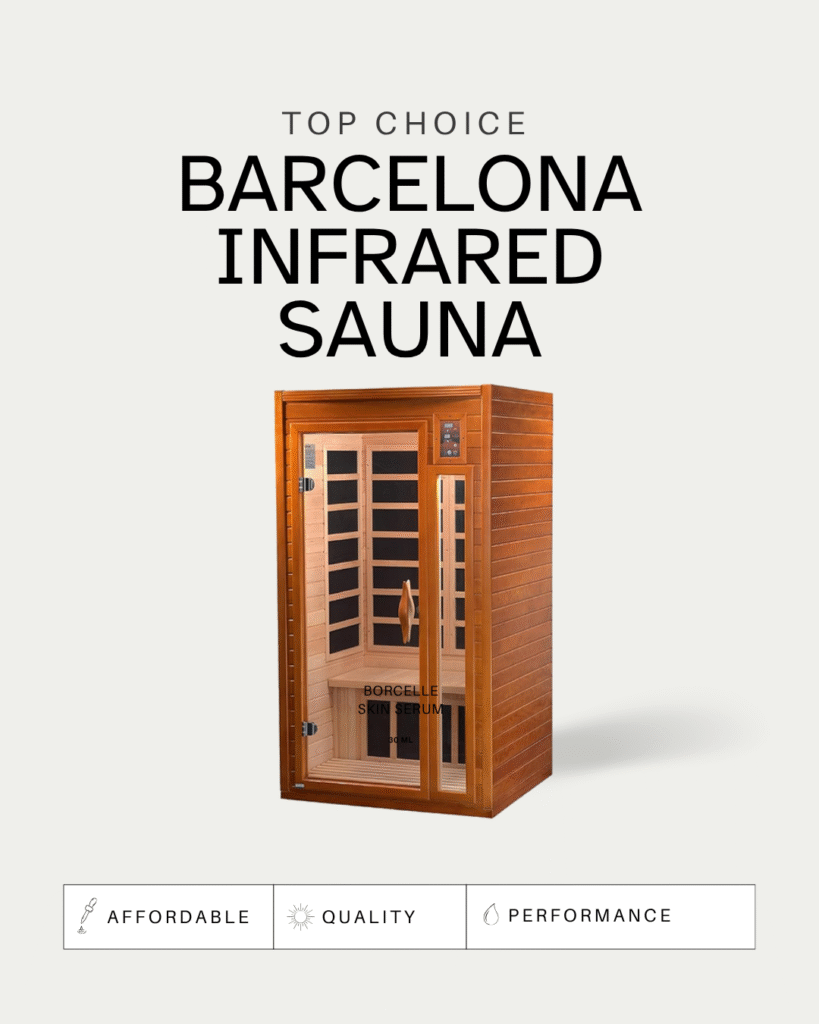
Size Needs

Are you planning on using this sauna socially? Would you like to be able to recline in the sauna? If so space is an important factor to consider. While smaller saunas are lighter, cheaper, and more efficient; many people prefer the options of a larger indoor sauna. Choose the sauna that best meets your needs.
Types of heaters

The type and number of heaters will greatly impact the feeling and healing effects of your sauna Things to consider are the placement of the heaters, the type of heaters, and the number of heaters. Ceramic infrared heaters have largely been replaced by more efficient and popular carbon heaters. The benefit of more heaters is felt in a more evenly heated sauna experience.
Types of Wood

It is important to insulate a sauna as much as possible to reduce heat loss and help it run efficiently. Two things to keep in mind are the thickness of the wood and the type of wood used.
Basswood– Fragrance free and hypoallergenic, this type of wood is unlikely to warp as well.
Cedar– Pleasing looking with a good response to moisture this wood will not expand and contract with heat as much as other woods.
Hemlock– A dependable and good looking wood this is a more affordable option popular for sauna construction.
Safe Use

The best way to understand the safety reputation of a sauna as you are shopping is to look for the ISO and CE certifications. These certifications help ensure that the saunas are built to code and minimize risk factors. It is important that the companies building the saunas have a good reputation.










